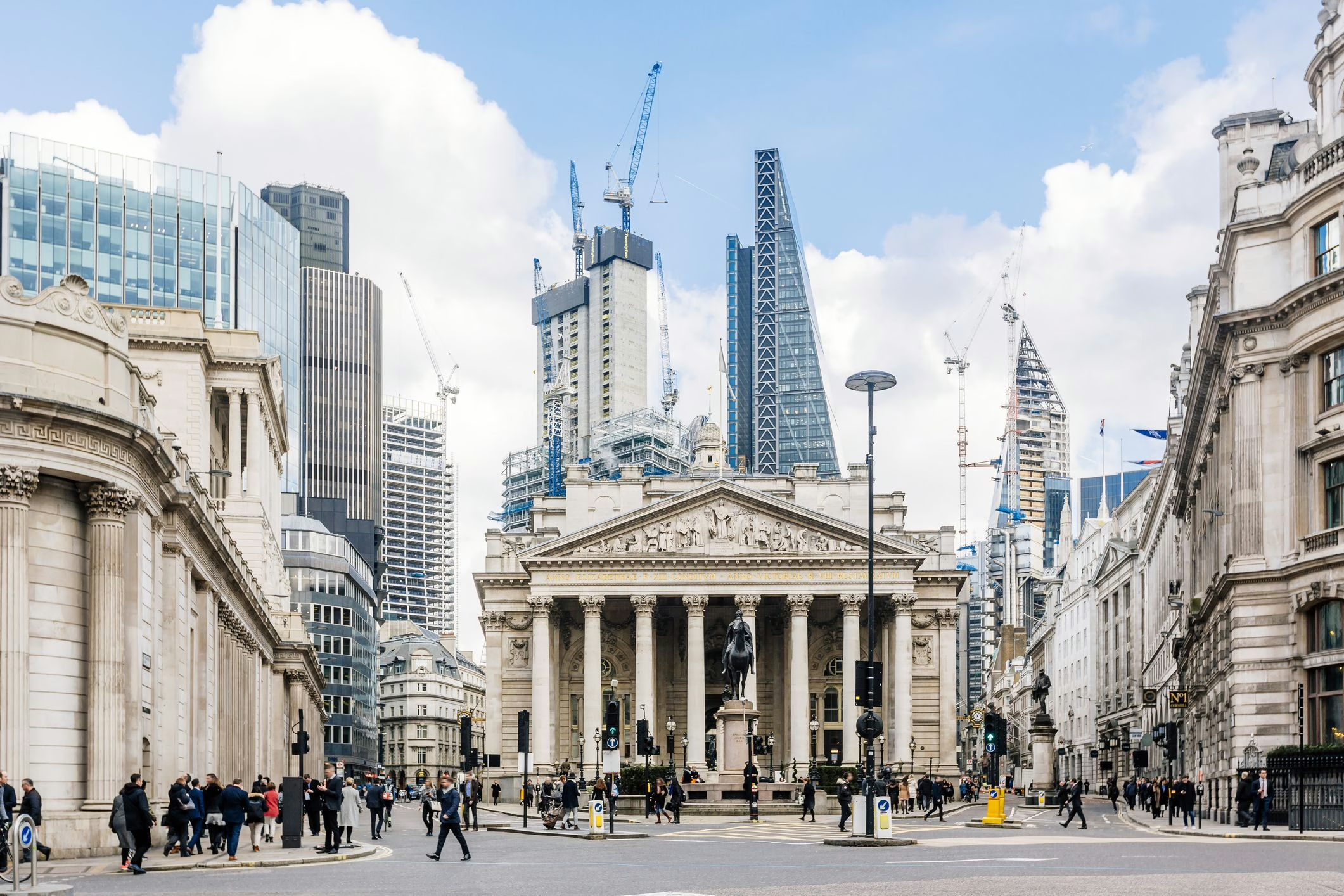The Bank of England (BoE) voted on Thursday to maintain its benchmark interest rate at 4.25%, defying mounting speculation of a summer rate cut. The Monetary Policy Committee (MPC) split 6–3 in favour of holding the rate steady, with three members voting to reduce the rate to 4.00%.
The decision comes amid lingering concerns over inflation, which stood at 3.4% in May – still above the BoE’s 2% target. Policymakers warned of “persistent inflationary pressures” and highlighted ongoing global uncertainty, including tensions in the Middle East and volatile energy prices, as reasons to tread cautiously.
Why No Rate Cut?
Despite growing calls from businesses and homeowners for relief from high borrowing costs, the BoE stressed that inflation remains too stubborn to warrant a cut. Wage growth has also remained unexpectedly strong, raising fears that lowering interest rates too soon could reignite price pressures.
“There is insufficient evidence that inflation will sustainably return to target in the near term,” said a Bank spokesperson. “Premature easing could risk reversing recent progress.”
The BoE also noted external factors, including the risk of supply chain disruptions due to geopolitical conflict, as justification for keeping rates unchanged. Energy and food prices continue to exert upward pressure, particularly in light of instability in oil-producing regions.
Impact on the UK Economy
The decision to hold rates steady may prolong the financial strain on households and businesses. Mortgage holders on variable-rate deals will see no immediate relief, and firms relying on credit may continue to face elevated borrowing costs.
However, analysts note that the BoE’s cautious stance may ultimately reinforce economic stability by avoiding a second wave of inflation. “It’s a delicate balance,” said Professor Helen Martens, an economist at LSE. “Cutting too early could undermine credibility. But delay too long, and the economy risks stagnation.”
The pound strengthened slightly against the euro and the dollar following the announcement, reflecting investor confidence in the Bank’s inflation-fighting resolve.
What Happens Next?
Markets are now eyeing the BoE’s August meeting as a likely turning point. Many economists still anticipate a gradual easing cycle beginning in the second half of 2025, provided inflation data continues to cool.
Discover more from “Bridging Hongkongers. Reporting Truth.”
Subscribe to get the latest posts sent to your email.




